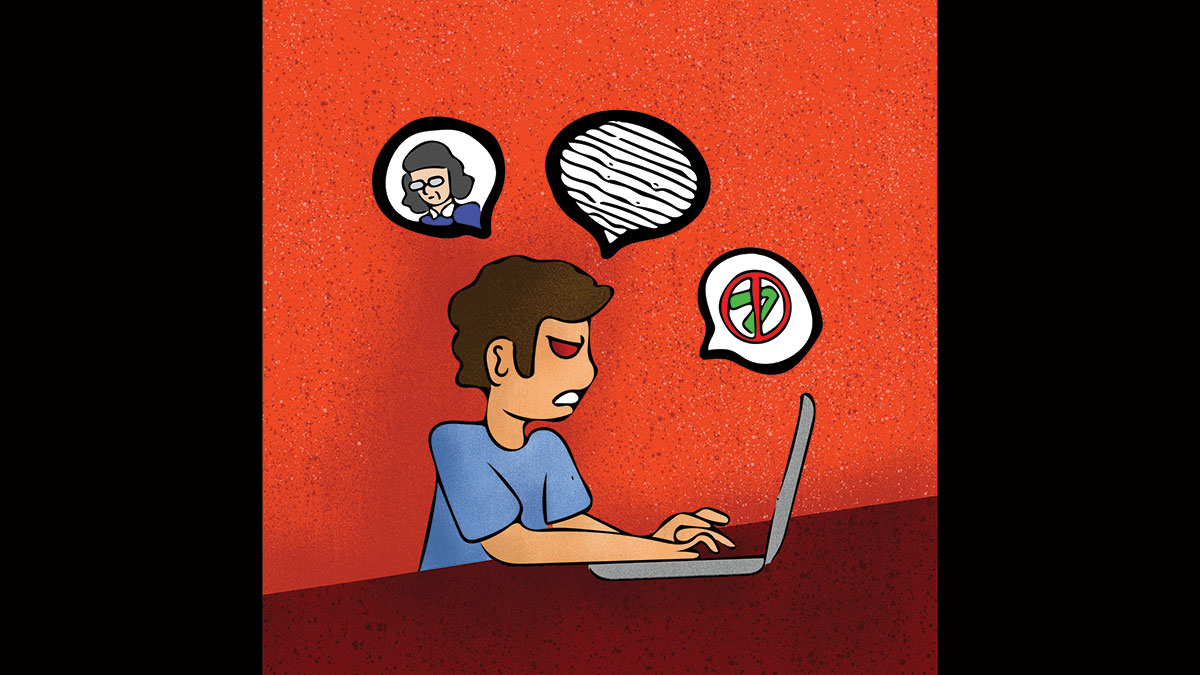I got this message in my email today from IST (Information Services and Technology), which at first I thought was from Mordac the Preventer of Information Services:
So, seriously?Hello,
You have been identified as an individual who has purchased or installed Adobe Creative Cloud, Acrobat DC or the Adobe work at home license through the Adobe Enterprise Term Licensing Agreement. Due to rising licensing costs for Adobe’s Creative Cloud software suite, Information Services & Technology (IST) has decided not to renew the Adobe Enterprise Term Licensing Agreement.
As a result of this change, you are required to take the following action by May 31st:
If you have installed a license through the Enterprise Term Licensing Agreement (ETLA) these installations will no longer be in effect after May 30 and must be uninstalled from your computer. This includes purchases and installations of Adobe Creative Cloud, Acrobat DC and the Adobe work at home license.
In order to comply with Adobe’s end of license terms, IST must receive confirmation the above outlined Adobe products have been uninstalled by May 31.
Please provide confirmation through the following link: Yes, by submitting my CCID I confirm all instances of Adobe Creative Cloud, Acrobat DC or the Adobe work at home license purchased or installed through the Adobe Enterprise Term Licensing Agreement have been uninstalled.
Note: Content stored in Adobe Creative Cloud, Acrobat DC or the Adobe work at home license will not be accessible after the license expiry date. As such, important files should be downloaded prior to the expiry date of May 30.
For more information on the above licensing changes, please contact IST at ist@ualberta.ca or visit https://ist.ualberta.ca/blog/news/adobe-creative-cloud-licensing-changes.
Literally in the middle of term, at the end of the day on a Friday, you send this out? I have to uninstall Acrobat from my home and work computers in 4 days? Seriously?
Yup, this will result in “significant cost savings to the university.” But, hey, so will cutting off our connection to the Internet. Or removing all computers from campus. Think of the savings.
Although you consider keeping Acrobat on computers in the Knowledge Common is “still providing access to core users,” that's not really true. Every time that I need to use Acrobat, I've got to walk from my office to the basement of Cameron Library, with a USB stick? Yeah, that's “providing access”...I guess. But then, setting up a computer with Acrobat for us to use somewhere in Stanley Park behind a tree would also be (technically) “still providing access.” LOL.
The alternatives you mention in your blog post do not include alternatives to Acrobat (the only Adobe software that I use). What do you recommend instead of that? I need something that has excellent usability, is cheap, will work with all my software, and won’t get in the way of my workflow. Oh, and I need it by, um, May 31. (Speaking of your blog, it’s curious that you do not allow comments to be posted on your blog. You do get what a blog is, right? Not just a data dump, but a forum--a place where people can share ideas. But then, you’re not big on the whole back-and-forth interactive discussion thing, are you? Never mind: Rhetorical question.)
Once again, you've gone ahead and made a decision without consulting the stakeholders--at all. The first I hear about this is a notice to remove this software from my computers? Not cool. You have a history of doing that; I shouldn’t be surprised. But then, in making a decision like this that impacts so many users, you must have thought through all the implications. Right?
You do know that some units on campus essentially require the use of Acrobat, right? Like SAS? I have to submit my exams to them in PDF format. Well, nope--not any more. Maybe you could break the news to them that instructors are no longer able to use Acrobat. (Do it soon, though. I have two students writing a midterm on Friday. It’s, you know, the middle of term.)
I know, I know: I'm not forbidden from using Adobe Acrobat or anything. I just have to hurry up and buy licenses for my computers: 1 university office computer, 2 home computers. I'm on the hook for $500 now. Um, explain “significant cost savings” to me again, please. (Also: I just bought new Adobe Acrobat DC licenses for my computers in November, a mere 6 months ago. Do I get a refund for those? Can you understand why I'm upset? Can you?)
So, in sum: A poor decision. Made in a poor fashion. Presented poorly.
Thanks for nothing, IST.









